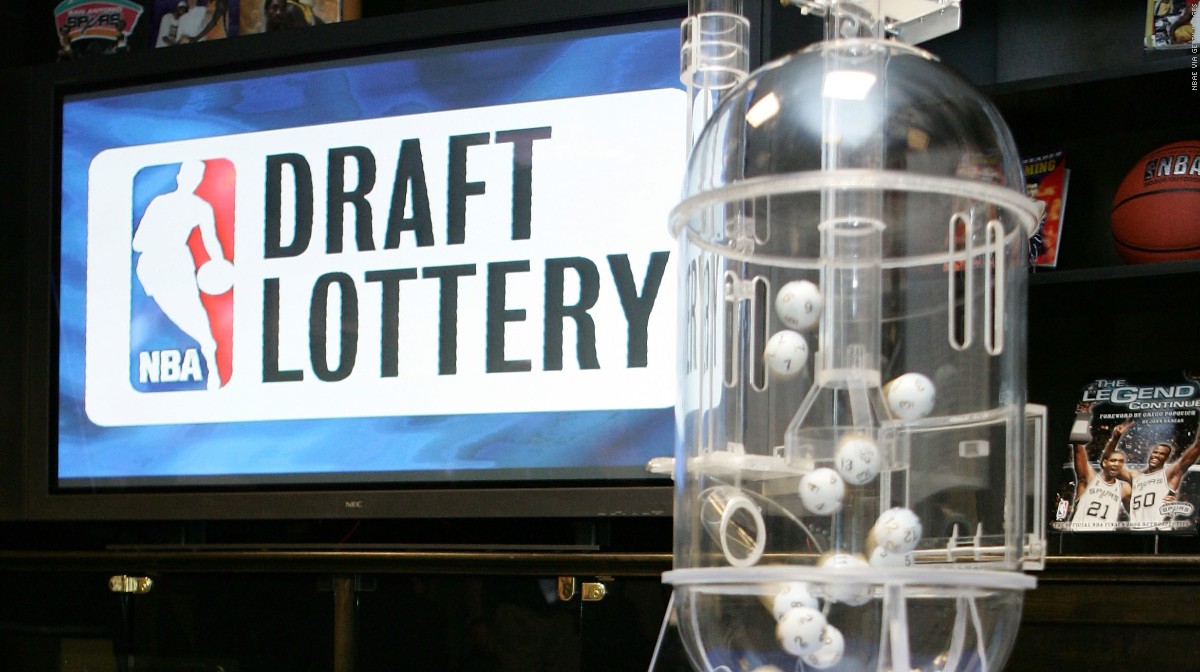The following is a guest contribution by Noah Goodman. Goodman is a Labor and Employment Associate at Ballard Spahr in Philadelphia and he frequently writes about collective bargaining issues in professional sports. Goodman can be reached via LinkedIn.
On September 28, 2017, NBA owners will vote on Adam Silver’s proposal to reform the league’s draft lottery. The Commissioner’s proposal seeks to reduce the odds for the league’s worst teams to obtain high draft picks – a deterrent to prevent teams from fielding young, anti-competitive teams with the goal of acquiring a superstar through the draft. In addition, the Commissioner’s proposal would maintain very low odds for the teams at the backend of the lottery, with the goal of ensuring that those teams are not bypassing the playoffs for the remote opportunity of receiving a high-draft pick.
While Commissioner Silver’s proposal is rational, it has polarized the NBA landscape. Daryl Morey, Houston Rockets General Manager, has advocated for the proposal because it will reduce – at least marginally – the worst teams incentive to lose. In contrast, Ben Falk, former 76ers and Trail Blazers front office executive, argues that the proposal would be ineffectual because it would simply reallocate the odds and incentives for teams to lose (e.g., teams in the middle of the lottery who are unlikely to be in the playoffs would have more of an incentive to lose). Referencing Falk’s prospective, Zach Lowe has explained that Commissioner Silver’s proposal does not address the league’s overarching issue: the NBA is a star-driven league and teams will always put themselves in the best position to acquire a foundational superstar – even if that means fielding anti-competitive teams in the short-term with the goal of long-term success.
Because Commissioner Silver’s proposal does not address teams’ need and desire for a superstar, the owners should vote against reforming the lottery to alter the odds for teams to acquire high draft picks. Instead, the NBA should take an alternative approach. With concerns that the lottery creates an incentive for teams to be anti-competitive, the NBA should reform the lottery and create a single-elimination tournament – much like the NCAA tournament – for teams that do not qualify for the playoffs to determine the order of the draft. Under this system, the team that wins the tournament would acquire the first pick in the draft and the team that finished second in the tournament would acquire the second pick in the draft. From there, the NBA would conduct a lottery to determine the remaining draft order, allocating the greatest odds to teams with the worst records. This approach would (1) reduce the likelihood that teams bottom-out and (2) maintain the small chance that teams seek to bypass the playoffs for a small chance of obtaining a top pick.
While this system would have to be negotiated by the NBA and the NBPA because it involves terms and conditions of the players’ employment (i.e., more games played), it would create newfound excitement and revenue, benefiting both the league and the players. Rather than incentivizing losing through the odds associated with the lottery, the NBA would restore competitive balance by rewarding success. In turn, a single-elimination tournament would function as the playoffs for the leagues worst teams, which would create hope for fans regardless of their teams’ regular-season record and foster a new avenue for the league to profit. The players would benefit through increased compensation derived from each tournament game, they would have a new forum to showcase their talent and play in high-pressure situations and, similarly to the NCAA tournament, increase their market value across the league.
Dissenting opinions will argue that this reform would prove unsuccessful because the players on the leagues non-playoff teams are competing for their teams to obtain higher draft picks who would be acquired to replace them. While this concern is valid, the popularity and excitement of a single-elimination tournament could lead to a steep pay-day for players in each tournament game and beyond, incentivizing their willingness and desire to win. Likewise, the frequency of player movement throughout the league – even for playoff teams – has proven that players competitive desire has not waned.
The NBA owners should vote against Commissioner Silver’s proposal to reform the league’s draft lottery on September 28, 2017 because its effects will be marginal at best. Instead, the league should look to innovative ways – such as a single-elimination tournament for non-playoff teams – to determine the draft order. Such a system could benefit both the owners and the players by continuing to develop the NBA’s excitement.
